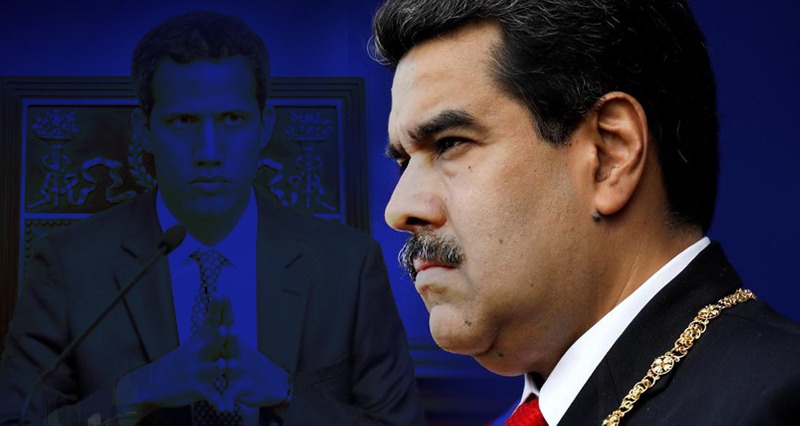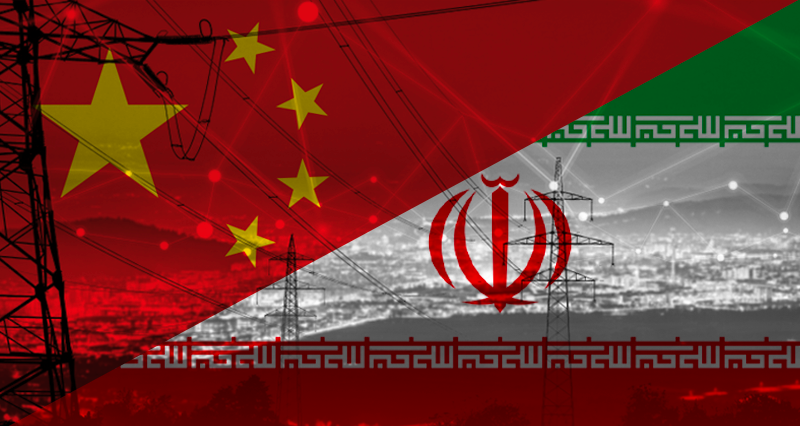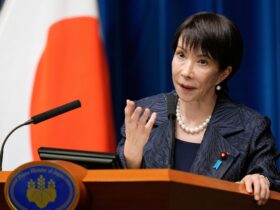On February 23, Venezuela broke diplomatic and political relations with Colombia. In addition, Venezuelan President Nicolas Maduro gave the staff of the Colombian Embassy in Caracas 24 hours to leave Venezuela. At the same time, Venezuela temporarily closed three bridges on the border with Colombia.
The decision was taken after it came to light that trucks with “humanitarian aid” from the US were going back and forth between Colombia to Venezuela using the bridges. Venezuelan authorities ordered the deployment of troops on the border to stop the shipments.
The leader of the Venezuelan opposition, Juan Guaido, has repeatedly stated that foreign humanitarian aid would arrive in the country on February 23. He also said that despite threats of arrest, he will return to the country, and announced new protests in March. Finally Juan Guaido arrived at Caracas’ airport on Monday.
Rendición de cuentas. Próximas acciones.z1@ https://t.co/gOZvMInJZS
— Juan Guaidó (@jguaido) March 4, 2019
Venezuelan authorities have spoken out against the danger of military intervention in the country, especially from the United States.
Humanitarian aid or military intervention?
According to opposition leaders, deliveries of humanitarian aid to Venezuela started on February 23. The aid was brought in to three collection points: Colombia’s Cucuta, the Brazilian state of Roraima and the island of Curaçao. According to CNBC, the United States and several other countries sent food and medicine worth tens of millions of dollars to Venezuela.
The corresponding “decree” on the supply of humanitarian aid was signed by self-proclaimed Venezuelan President Juan Guaido. He reported about it on February 21 on Twitter, even pinning a copy of the document,
“As commander in chief … I confirm the permission for humanitarian aid to enter Venezuela,” the decree says. “I order the Armed Forces to act in accordance with this instruction.”
However, in one of the trucks sent across the Venezuelan border from Colombia on February 23, tools for creating barricades were found. This was brought up in the UN Security Council by Venezuelan Foreign Minister Jorge Arreaza.
US against Maduro
The US will present its resolution on Venezuela to the UN Security Council this week. This was stated by the US’ special representative to Venezuela Elliott Abrams.
Abrams accused “armed gangs, thugs and criminals released from prisons” of being mobilized to control Venezuela’s borders — leading to the burning of humanitarian aid and Venezuelans being shot, beaten and killed as they tried to bring in food and medicine while President Nicolas Maduro was “literally dancing in Caracas.”
Venezuelan Foreign Minister Jorge Arreaza responded by accusing the United States of organizing and financing “a well-orchestrated operation” to violate his country’s sovereignty, stating that Venezuelan armed forces and police “were able to contain … without using any kind of deadly force.”
Maduro: a tribunal against Guaido
Venezuelan leader Nicolas Maduro said in an interview with ABC News that the head of the National Assembly, Juan Guaido, must be brought to court because he left the country in spite of the Supreme Court of Venezuela’s travel ban.
“He can leave and return, but he will have to face justice, which has forbidden him to leave the country,” said Maduro. He added that Guaido “must respect the laws.”
On February 23, it was reported that Guaido arrived in Colombian Cucuta. In late January, Venezuelan Attorney General Tarek William Saab announced that an investigation had been launched against the leader of the opposition. Later, the Supreme Court of Venezuela decided to prohibit Juan Guaido from leaving the territory of the republic until the conclusion of the investigation.
Finally, Guaido arrived at Caracas’ airport on Monday and called on the country to mobilize this Saturday (March, 9th).
Gracias a todos por el cariño y el calor inmenso con el que nos recibieron.
Convoco al país a movilizarse nuevamente este sábado #9Mar . Todo el apoyo que hemos recibido y el respaldo que necesitemos dependerán de que nos mantengamos en las calles.
¡Vamos muy bien, Venezuela!
— Juan Guaidó (@jguaido) March 4, 2019

















Leave a Reply